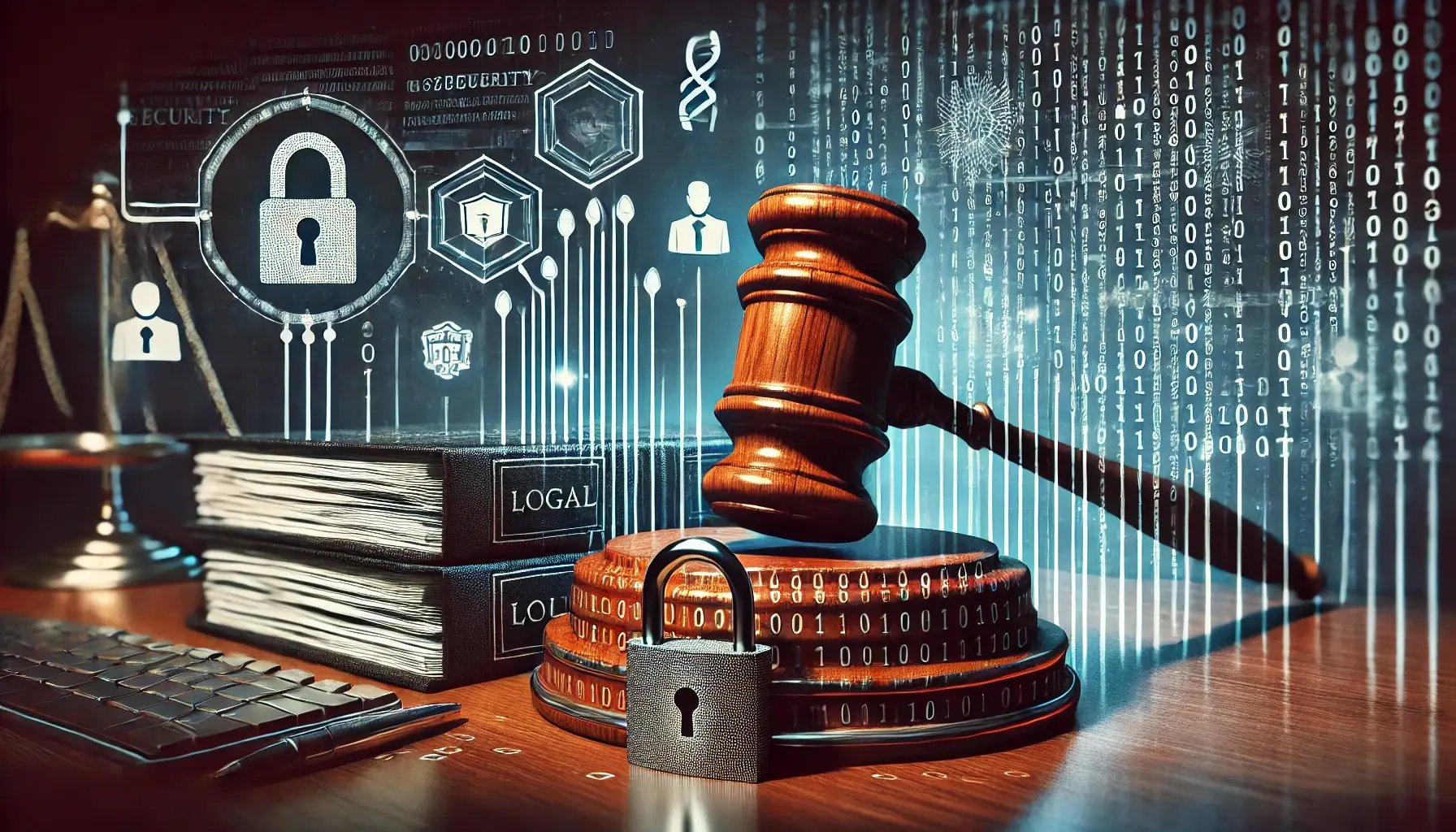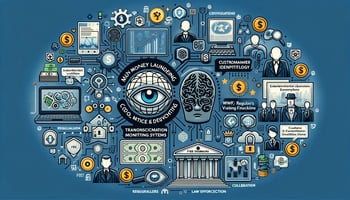The FEC domain, or the domain of Financial Economic Crime, focuses on detecting, investigating, and...
Securing Law Firms: Tackling Modern Cybersecurity Challenges
 In the digitized landscape of today’s legal sector, law firms act as guardians of highly sensitive information, making them prime targets for sophisticated cyber threats. From client data and case files to intellectual property and strategic documents, the information managed by legal professionals is not only confidential but often subject to stringent regulatory requirements. The challenges in securing this data are multifaceted and continuously evolving. This article explores the complex security landscape that law firms navigate, highlighting prevalent risks and offering strategic solutions.
In the digitized landscape of today’s legal sector, law firms act as guardians of highly sensitive information, making them prime targets for sophisticated cyber threats. From client data and case files to intellectual property and strategic documents, the information managed by legal professionals is not only confidential but often subject to stringent regulatory requirements. The challenges in securing this data are multifaceted and continuously evolving. This article explores the complex security landscape that law firms navigate, highlighting prevalent risks and offering strategic solutions.
1. Data Security and Privacy
At the core of a law firm's operations is the handling and storage of sensitive client information. The breach of such data can lead to severe legal repercussions and damage to the firm’s reputation. Implementing advanced encryption practices both for data at rest and in transit is critical. Additionally, law firms must adopt a layered security approach, including firewalls, intrusion detection systems, and comprehensive data loss prevention (DLP) strategies to safeguard against unauthorized access.
2. Compliance and Regulatory Challenges
Law firms are bound by a web of regulations that govern data privacy and security. For instance, the General Data Protection Regulation (GDPR) in the EU imposes strict guidelines on data handling, requiring firms to maintain high transparency and accountability. Similarly, the Health Insurance Portability and Accountability Act (HIPAA) in the U.S. mandates protections for personal health information. To navigate these regulations, firms must engage in continuous legal education, perform regular compliance audits, and update their policies to align with the latest legal standards.
3. Insider Threats
Not all threats to a law firm's security come from the outside; insider threats, whether malicious or accidental, can be just as damaging. Implementing strict access controls and using advanced user behavior analytics can help identify unusual activity before it causes harm. Regular training sessions to reinforce the importance of security and familiarize staff with the latest phishing and social engineering tactics are also vital.
4. The Menace of Ransomware and Phishing
Ransomware attacks, which encrypt a firm’s data and demand a ransom for its release, have become increasingly common and sophisticated. Similarly, phishing attempts aim to steal sensitive information through deceit. To combat these threats, law firms should invest in robust anti-malware software, email filtering technologies, and security awareness training for all employees.
5. Security in a Mobile and Remote Work Era
The shift towards remote work has expanded the attack surface for many law firms. Securing remote connections is imperative, often necessitating the use of virtual private networks (VPNs), multi-factor authentication (MFA), and secure cloud services. Mobile device management (MDM) solutions can also ensure that mobile devices comply with the firm’s security policies.
6. Managing Vendor and Third-Party Risks
Law firms frequently rely on third-party services, which can introduce additional security vulnerabilities. Conducting thorough security assessments of all vendors and requiring them to adhere to the same security standards as the firm itself can mitigate these risks. Regular audits and contractual obligations that specify security requirements are also crucial.
7. Physical Security Measures
While digital threats are prevalent, physical security remains a cornerstone of a comprehensive security strategy. This includes securing physical access to buildings, protecting hardware, and ensuring that sensitive documents are stored securely and disposed of properly.
Conclusion
For law firms, the task of securing sensitive data is not just a technical challenge but a business imperative. By adopting a holistic security strategy that addresses both digital and physical threats and is tailored to the unique needs of the legal sector, law firms can protect themselves against a range of vulnerabilities. This not only safeguards their client data but also preserves the trust and integrity foundational to their professional practice. In this ever-evolving threat landscape, vigilance, and continuous improvement in security practices are paramount.


